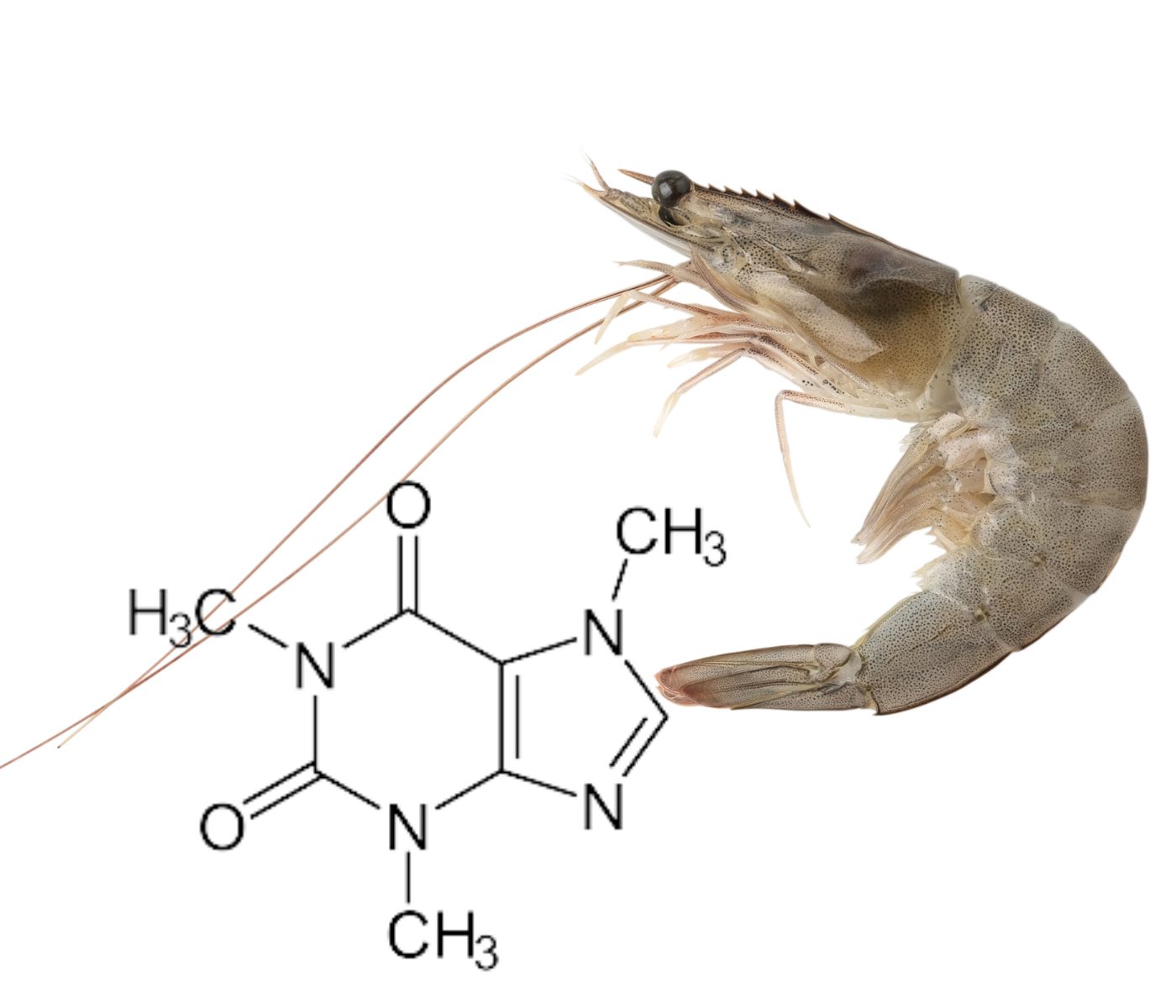 10 Jun 2022
10 Jun 2022
Isoquinoline alkaloids found in pink poppy plants present themselves as a promising natural ingredient to improve growth performance and health in Pacific white shrimp according to a study carried out in Thailand.
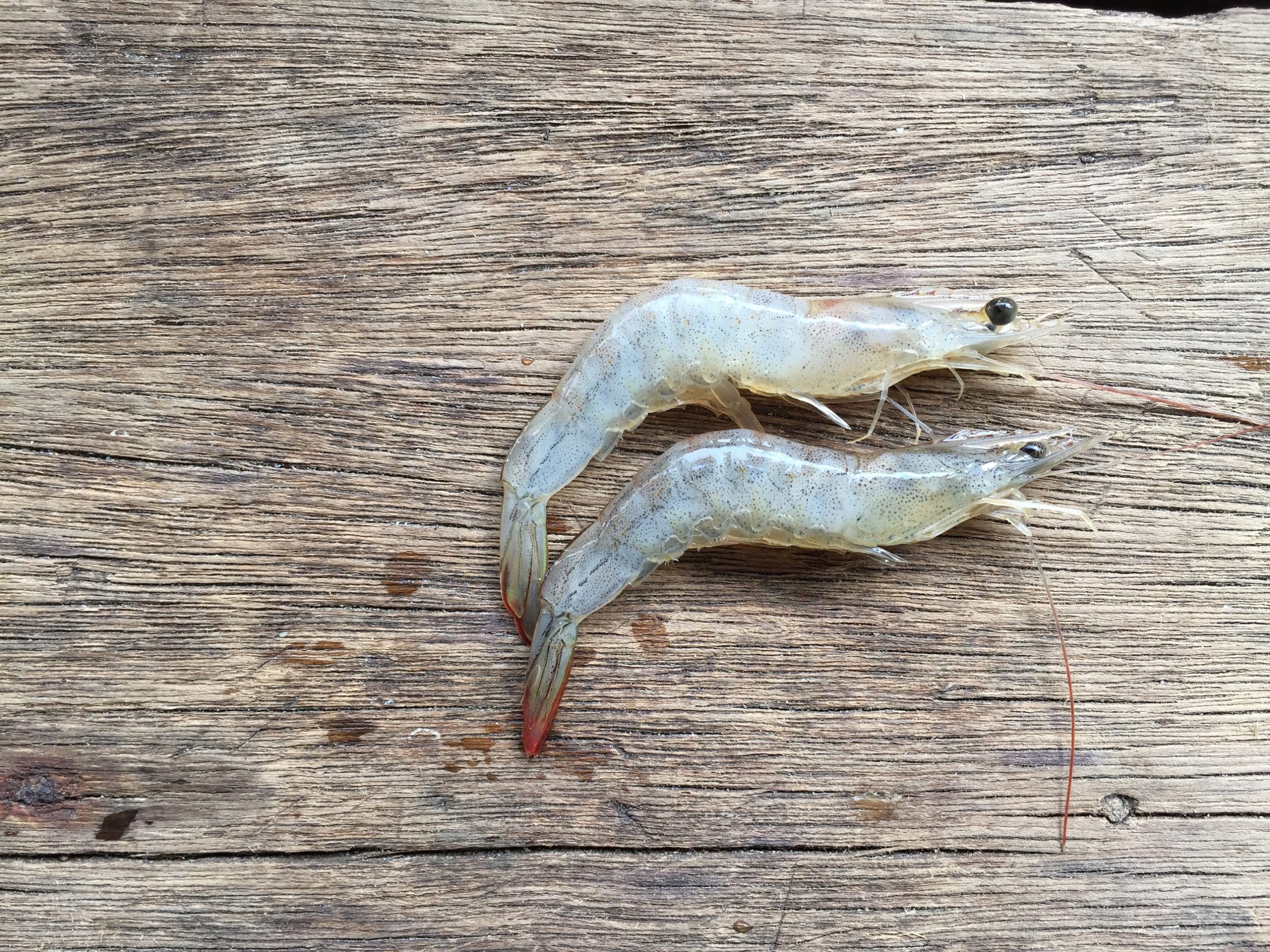
Natural products derived from plants are increasingly being used as food additives in animal production; both for terrestrial and aquatic species. Medicinal plants usually have multiple biological activities such as: antimicrobial, anti-inflammatory, antioxidant, immunostimulant and appetite stimulant effects. These have the capacity to potentially improve growth performance and health status in animals.
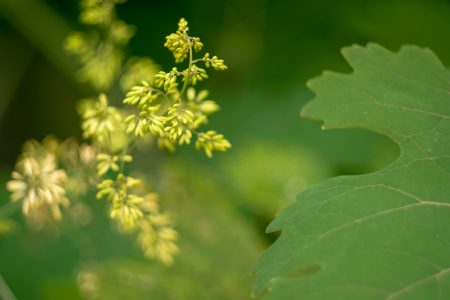
Plant-derived isoquinoline alkaloids (IQs) are natural active components of several plants, including Macleaya cordata or pink plume poppy. The latter is a perennial herbaceous plant of the Papaveraceae family which is widely distributed throughout China.
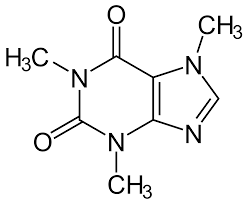
⇒ It has long been used in traditional Chinese medicine as a topical agent for the treatment of inflammation and certain skin diseases.
The main bioactive isoquinoline alkaloids are:
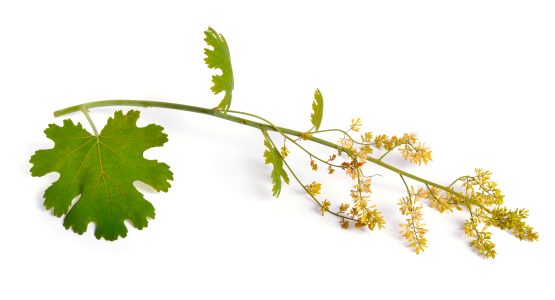
|
They are well known for their anti-inflammatory and antimicrobial properties |
As for the distribution of sanguinarine and chelerythrine within the plant, the highest concentration of both alkaloids is found in the capsules (32.08 and 7.36 mg/g dry weight, respectively), followed by the aerial part (4.51 and 2.88 mg/g dry weight, respectively), and in very low concentrations within the seeds (0.07 and 0.02 mg/g dry weight, respectively)
Currently, isoquinoline alkaloids are considered promising feed additives that can help improve overall animal health and in turn replace antibiotic use for growth promoting purposes in livestock.
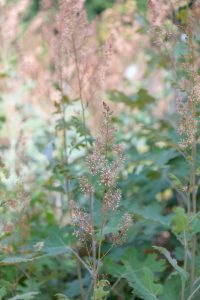
Objective
A study was carried out with purpose of investigating the effects of two different dietary formulas with IQ extracts.
Materials and methods
About the 2 experiments
– Experiment 1:
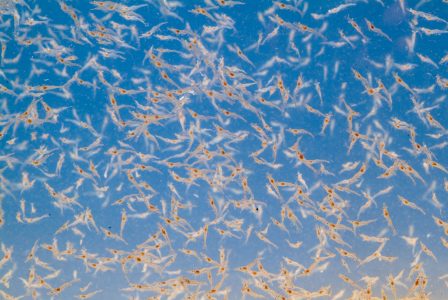
– Experiment 2:
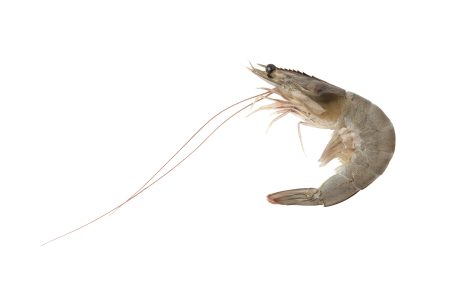
Conclusions
![]() All shrimp fed the powdered formula in experiment 1 had significantly higher survival rates and immunological parameters than the control group. However, growth results were similar for all the groups.
All shrimp fed the powdered formula in experiment 1 had significantly higher survival rates and immunological parameters than the control group. However, growth results were similar for all the groups.
![]() In experiment 2, all groups fed the granulated and water-soluble formula showed better growth results and survival rates compared to the positive control.
In experiment 2, all groups fed the granulated and water-soluble formula showed better growth results and survival rates compared to the positive control.
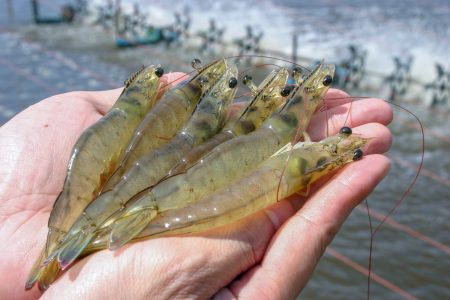
![]() Only white prawns infected with Vibrio parahaemolyticus and fed IQs exhibited significant body weight improvements compared to the control group. Healthy shrimp did not present significant improvements.
Only white prawns infected with Vibrio parahaemolyticus and fed IQs exhibited significant body weight improvements compared to the control group. Healthy shrimp did not present significant improvements.
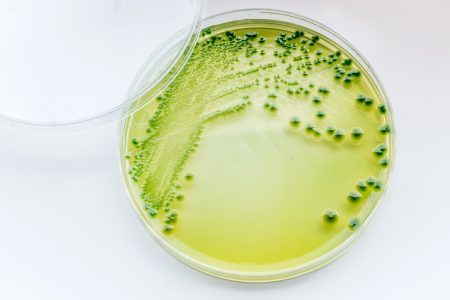
![]() These results support hypotheses regarding the growth promoting effects of IQ compounds due to to their antimicrobial and anti-inflammatory properties.
These results support hypotheses regarding the growth promoting effects of IQ compounds due to to their antimicrobial and anti-inflammatory properties.
![]() Finally, researchers stated that isoquinoline alkaloids derived from poppies, benefit Pacific white prawns and can be used as a feed additive that improves the overall health status of shrimp and contributes to sustainable production.
Finally, researchers stated that isoquinoline alkaloids derived from poppies, benefit Pacific white prawns and can be used as a feed additive that improves the overall health status of shrimp and contributes to sustainable production.
Subscribe now to the technical magazine of animal nutrition
AUTHORS

Nutritional Interventions to Improve Fertility in Male Broiler Breeders
Edgar Oviedo
The Use of Organic Acids in Poultry: A Natural Path to Health and Productivity
M. Naeem
Synergistic Benefits of Prebiotics and Probiotics in Poultry, Swine, and Cattle
Gustavo Adolfo Quintana-Ospina
Hybrid Rye Potential in Laying Hen Feed Rations
Gwendolyn Jones
A day in the life of phosphorus in pigs: Part I
Rafael Duran Giménez-Rico
Use of enzymes in diets for ruminants
Braulio de la Calle Campos
Minerals and Hoof Health in the Pregnant Sow
Juan Gabriel Espino
Impact of Oxidized Fats on Swine Reproduction and Offspring
Maria Alejandra Perez Alvarado